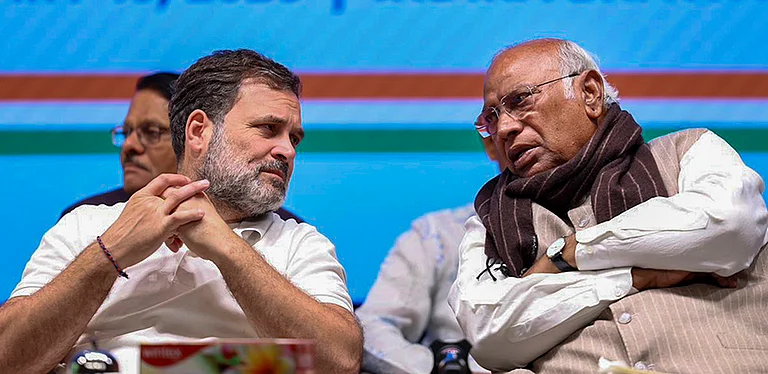Facebook-owned instant messaging application WhatsApp on Wednesday challenged the Indian government in the Delhi High Court over the traceability clause in the new IT Rules 2021.
The new IT rules that were introduced in February 2021, came into effect starting May 26, however, WhatsApp took an objection to a traceability clause in the new IT Rules that requires social media platforms to locate “the first originator of the information” if required by the government.
WhatsApp filed a lawsuit in the Delhi High Court on May 25, the last day to comply with the new rules.
According to WhatsApp, if agreed to, then this traceability clause would break the end-to-end encryption and violate the privacy of users.
The traceability clause is applicable to most messaging apps such as Signal, Telegram, Snapchat, Wire and others, however, considering WhatsApp has about 450 million users in India, the impact is significantly larger for WhatsApp.
WhatsApp’s plea asks the court to declare the traceability clause as “unconstitutional” and seeks its withdrawal. At the core of WhatsApp’s argument is the privacy of users which as it says will be compromised if it breaks the end-to-end encryption.
End-to-end encryption ensures that no third party can read the message, except for the sender and the receiver, not even the messaging app itself.
The traceability clause would require WhatsApp to keep a track of which user is sending what messages on the app. According to WhatsApp it it cannot read the contents of a message so keeping a track of the messages and their originator will require re-engineering the app.
WhatsApp says that if it had to trace an originator, then it would have to “store information”.
WhatsApp in its detailed blogpost also explained why the traceability clause is likely to infringe upon human rights of the users.
It said, “innocent people could get caught up in investigations, or even go to jail, for sharing content that later becomes problematic in the eyes of a government.” It also adds that such an approach will violate “recognised principles of free expression and human rights.”
Further, it also explained that even if the traceability clause is followed, it will be “ineffective and highly susceptible to abuse.”
“If you simply downloaded an image and shared it, took a screenshot and resent it, or sent an article on WhatsApp that someone emailed you, you would be determined to be the originator of that content,” notes the blog post.


























